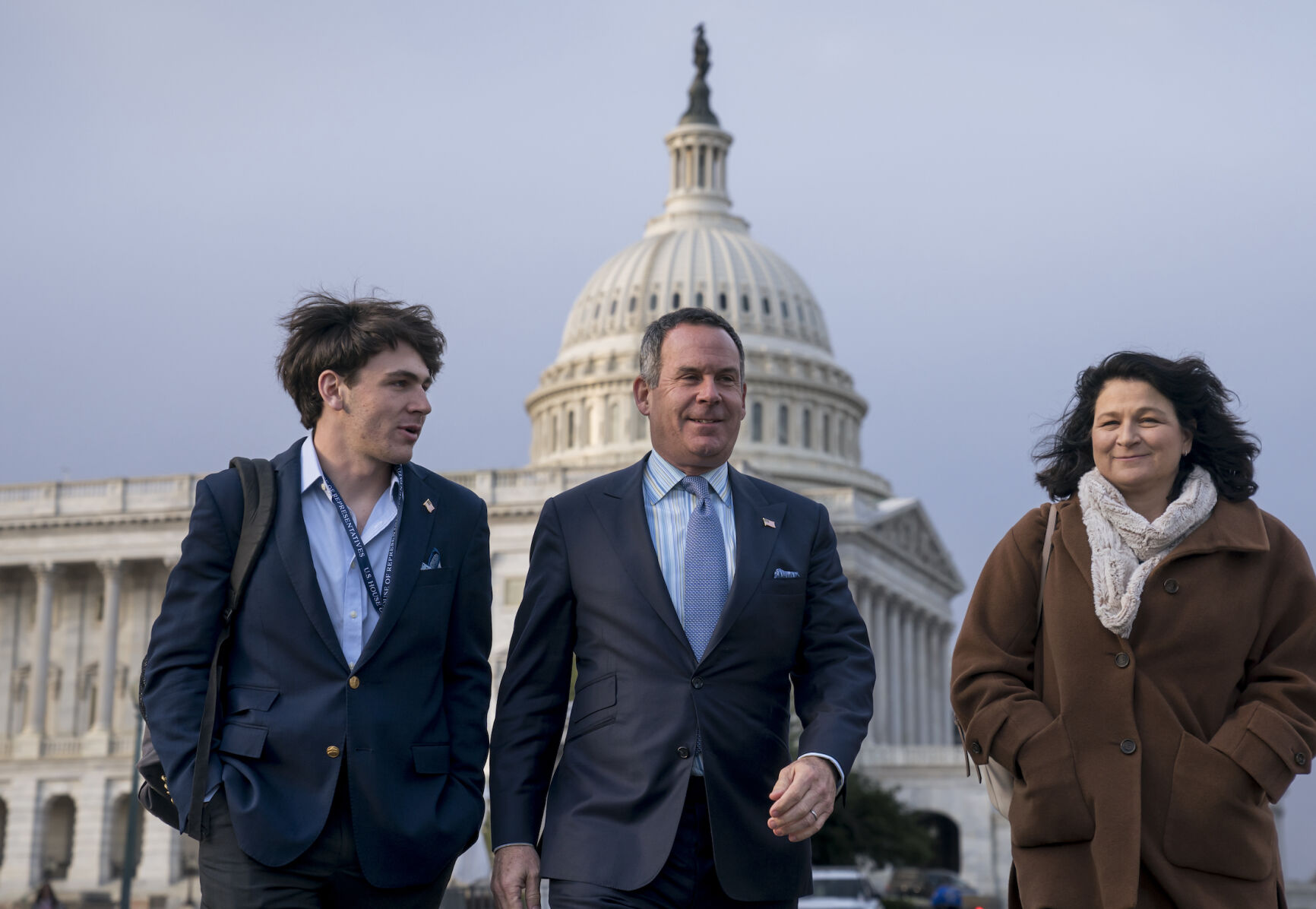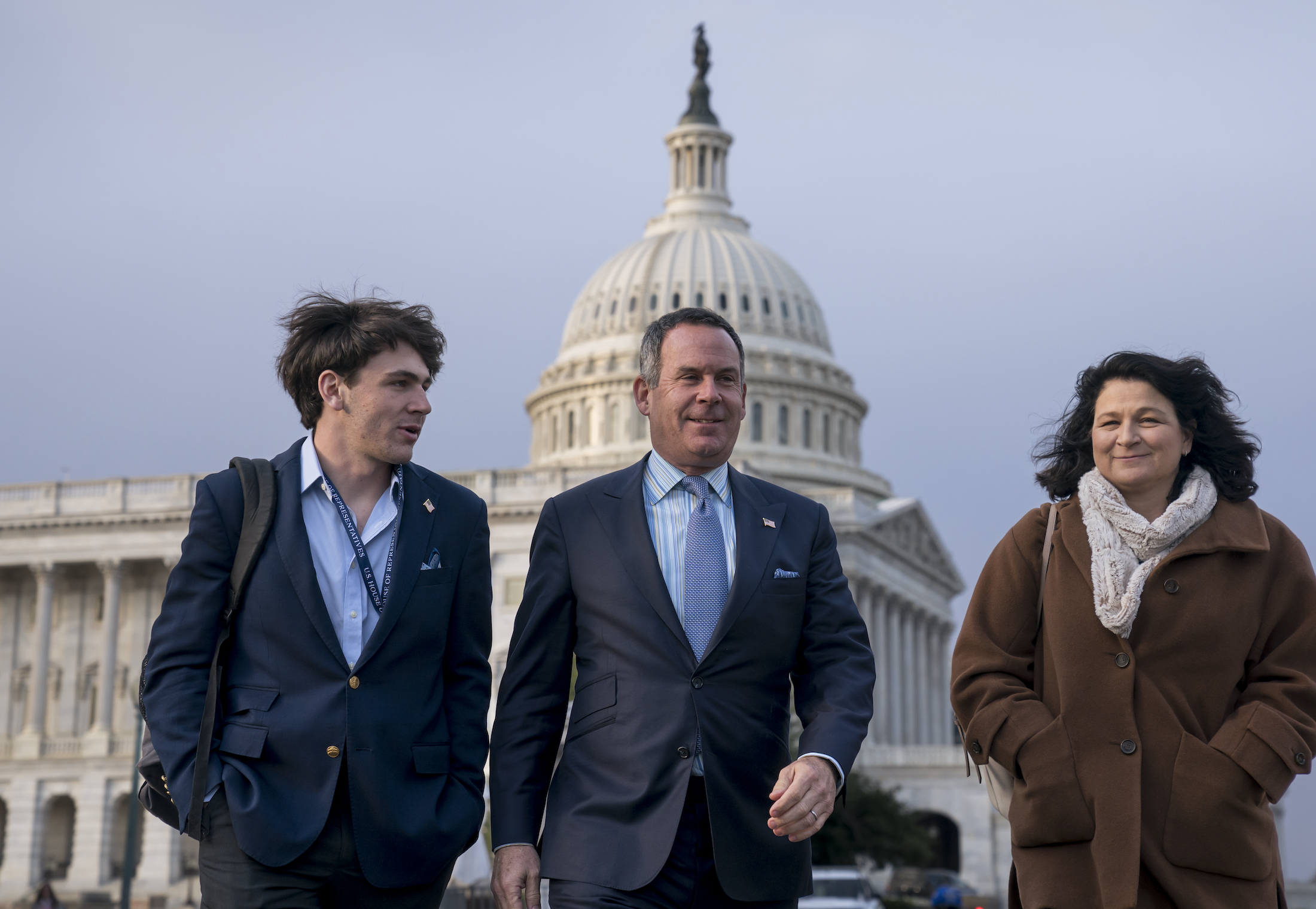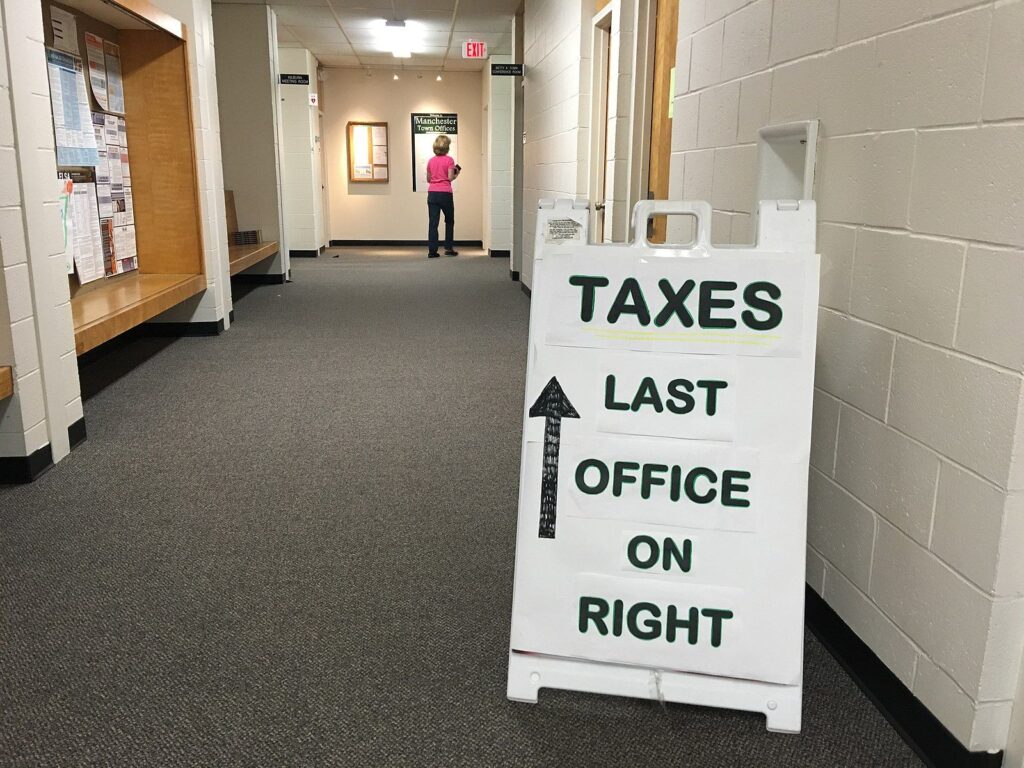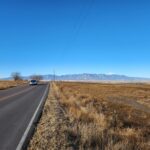Internal poll shows Frisch tops Boebert, Colorado Water Congress kicks off | WHAT YOU NEED TO KNOW

Today is Aug. 2023, and here’s what you need to know:
Republican U.S. Rep. Lauren Boebert trails her Democratic challenger Adam Frisch by 2 percentage points, according to a new internal poll of likely voters released Tuesday by a Democratic firm.
Frisch, the former Aspen City Council member who came within fewer than 600 votes of unseating Boebert last year, leads the incumbent 50% to 48% in Colorado’s Republican-leaning 3rd Congressional District, pollster Keating Research found. Fewer than 2% of likely voters said they didn’t know or were undecided.
Chris Keating, founder of the Colorado-based polling firm, told reporters that he’s never seen so few undecided voters this far out from an election.
The difference between Frisch and Boebert is within the poll’s 3.5 percentage point margin of error. The telephone survey of 801 likely voters was conducted Aug. 8-15, Keating said in a polling memo.
The acting director of the Colorado Water Conservation Board on Tuesday got the job on a permanent basis.
The water board’s directors voted to hire Lauren Ris, who had been serving in an interim leadership capacity since June. Her appointment was announced at the Colorado Water Congress conference in Steamboat Springs.
The water board is a division within the Colorado Department of Natural Resources.
Ris replaces Becky Mitchell, who is now Colorado’s full-time commissioner on the Upper Colorado River Commission. The General Assembly this year approved splitting those two roles, in part because of the heightened importance of negotiations affecting the Colorado River and the river’s seven basin states, guidelines that will need to be in place by 2026.
A recent decision from the U.S. Supreme Court on the Clean Water Act has water watchers cautiously waiting to see how states will respond in protecting quality in waters previously covered by the federal government.
The case Sackett v. Environmental Protection Agency redefines the terms by which a body of water can be protected under the Environmental Protection Agency’s “Waters of the United States” rule.
The high court in May ruled 9-0 in favor of the Sacketts, an Idaho couple who in 2004 bought land on which they wanted to put a home. The parcel was located about 300 feet from Priest Lake, one of the state’s largest. They began backfilling the lot with dirt and gravel, which earned them the attention of the EPA. The agency said the land contained a protected wetland. Racz said the wetlands were across a paved road, connected by a ditch and creek to Priest Lake.
The EPA blocked that development, in part because the Sacketts did not obtain a permit for dredging and filling from the U.S. Army Corps of Engineers, which manages wetlands. The federal agency issued a compliance order with the threat of fine of $40,000 per day.
The Sacketts sued, a process that took more than 14 years to reach the U.S. Supreme Court. The high court heard oral arguments last October before unanimously ruling on the case.
The Colorado Air Quality Control Commission is being sued for not creating a stringent enough rule for emissions monitoring in disproportionally impacted communities. Earthjustice, which is representing environmental groups GreenLatinos, 350 Colorado, and Earthworks, filed the suit Tuesday.
The plaintiffs allege that the rule fails to ensure that residents of communities that have “long borne a disproportionate share of adverse human and environmental effects from polluting industries” receive the protections provided by the state Environmental Justice Act (EJA) created by HB 21-1266.
“The EJ Act requires polluters to do stringent monitoring and modeling in disproportionately impacted communities. The rule as passed by the commission won’t accomplish this, making it impossible to protect communities – it’s as simple as that,” said Heidi Leathwood, climate policy analyst with 350 Colorado. “The commission must be held to account.”
The Colorado Department of Public Health and Environment and the Air Quality Control Commission are aware of the complaint filed by Earthjustice on behalf of its clients, said Kate Malloy, interim communications unit supervisor for the Colorado Air Pollution Control Division, in a statement to The Denver Gazette. “The department will thoroughly review the claims and then decide how to respond through legal proceedings.”
A year ago, Chair Jerome Powell delivered a stark warning: To fight persistently high inflation, the Federal Reserve would continue to sharply raise interest rates, bringing “some pain” in the form of job losses and weaker economic growth.
Since Powell spoke at last summer’s annual conference of central bankers in Jackson Hole, Wyoming, the Fed has followed through, raising its benchmark rate to 5.4%, its highest level in 22 years. Substantially higher loan rates have followed, making it harder for Americans to afford a home or a car or for businesses to finance expansions.
Yet so far, broadly speaking, not much pain has arrived.














